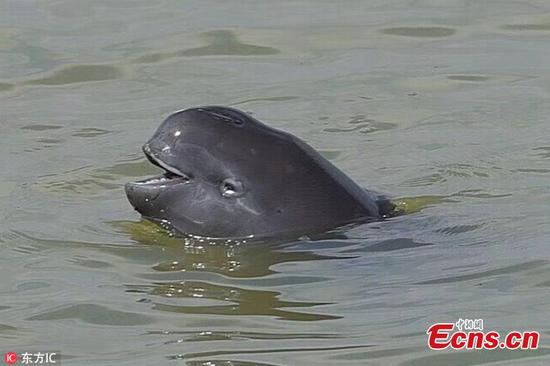Scientists proposed a new way to find life outside the solar system and have identified a group of exoplanets with the same chemical conditions may have led to life on Earth.
A study published on Wednesday in the journal Science Advances showed chances for life to develop on the surface of a rocky planet like Earth were connected to the type and strength of light given off by its host star.
The researchers from the University of Cambridge and the Medical Research Council Laboratory of Molecular Biology suggested that stars which gave off sufficient ultraviolet (UV) light could kick-start life on their orbiting planets in the same way it likely developed on Earth, where the UV light powers a series of chemical reactions that produce the building blocks of life.
According to the researchers, carbon from meteorites that slammed into the young Earth interacted with nitrogen in the atmosphere to form hydrogen cyanide and then the hydrogen cyanide rained to the surface, where it interacted with other elements in various ways, powered by the UV light from the sun.
The chemicals produced from these interactions generated the building blocks of RNA, the close relative of DNA which most biologists believe was the first molecule of life to carry information.
The researchers have identified a range of planets around the same temperature as our sun where the UV light from their host star is sufficient to allow these chemical reactions to take place, and that lie within the habitable range where liquid water can exist on the planet's surface, according to the study.
Cool stars, on the other hand, do not produce enough light for these building blocks to be formed, except if they have frequent powerful solar flares to jolt the chemistry forward step by step.
Planets that both receive enough light to activate the chemistry and could have liquid water on their surfaces reside in what the researchers have called the abiogenesis zone.
Among the known exoplanets which reside in the abiogenesis zone are several planets detected by the Kepler telescope, including Kepler 452b, a planet that has been nicknamed Earth's "cousin."


















































